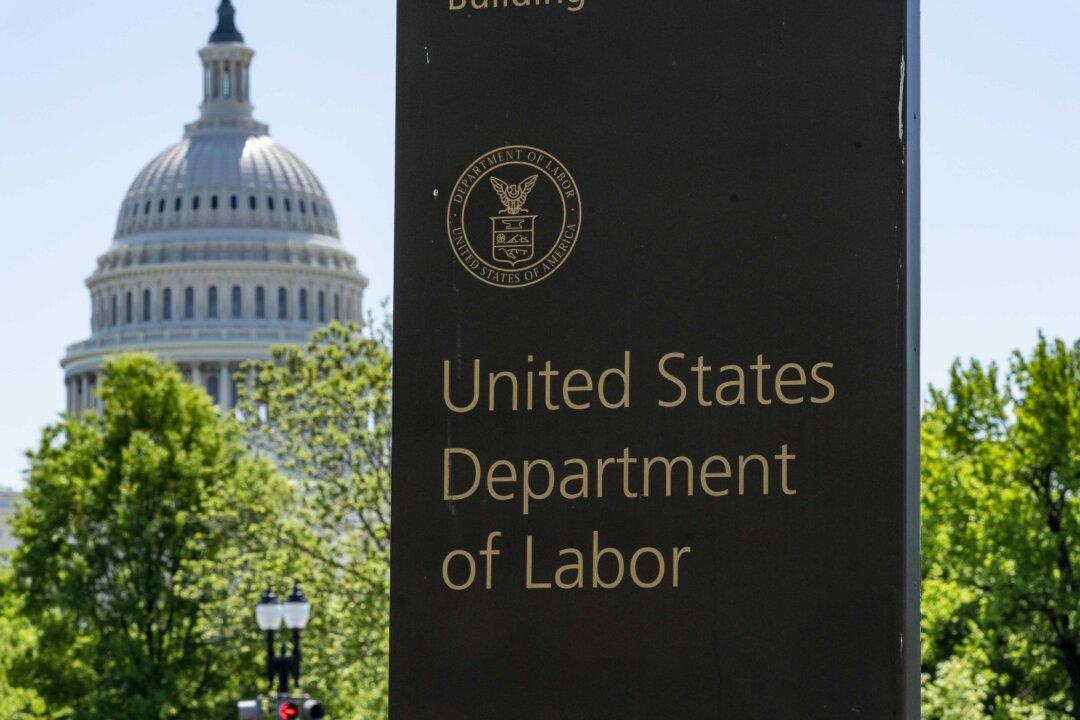Millions of Americans are set to lose their federal pandemic unemployment benefits as the Sept. 6 deadline marking the end of the emergency programs approaches. States are showing no signs of extending the benefits, amid surging demand for workers.
Around 7.5 million Americans are set to fall off a “benefits cliff” as the September cutoff looms for the federal pandemic unemployment programs, which include the $300 weekly supplement to state benefits, according to an estimate by The Century Foundation, a left-leaning think tank.





